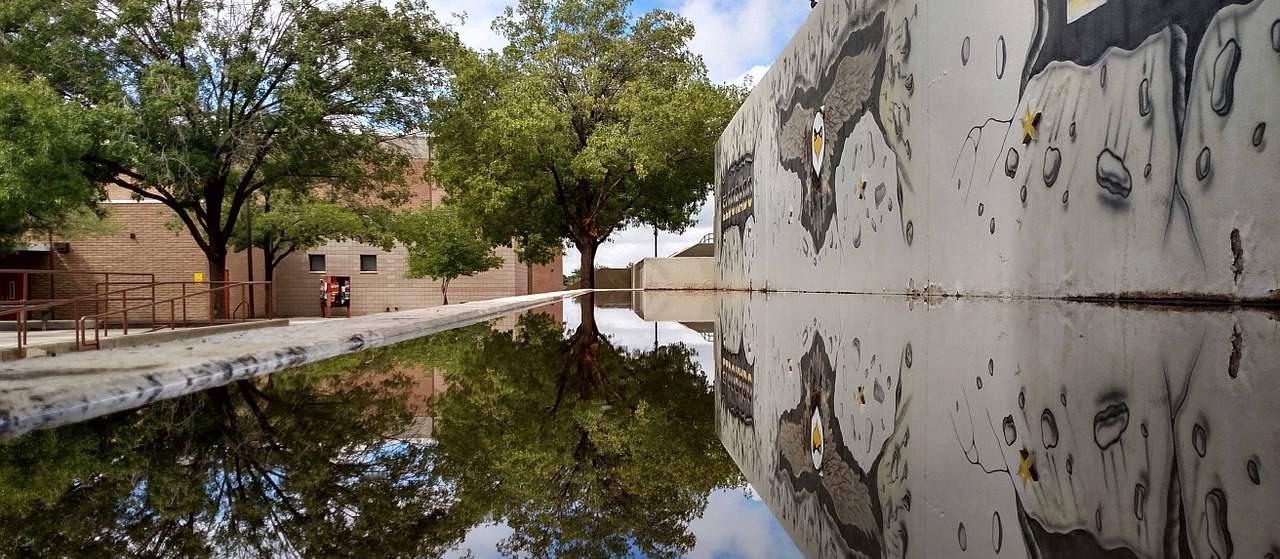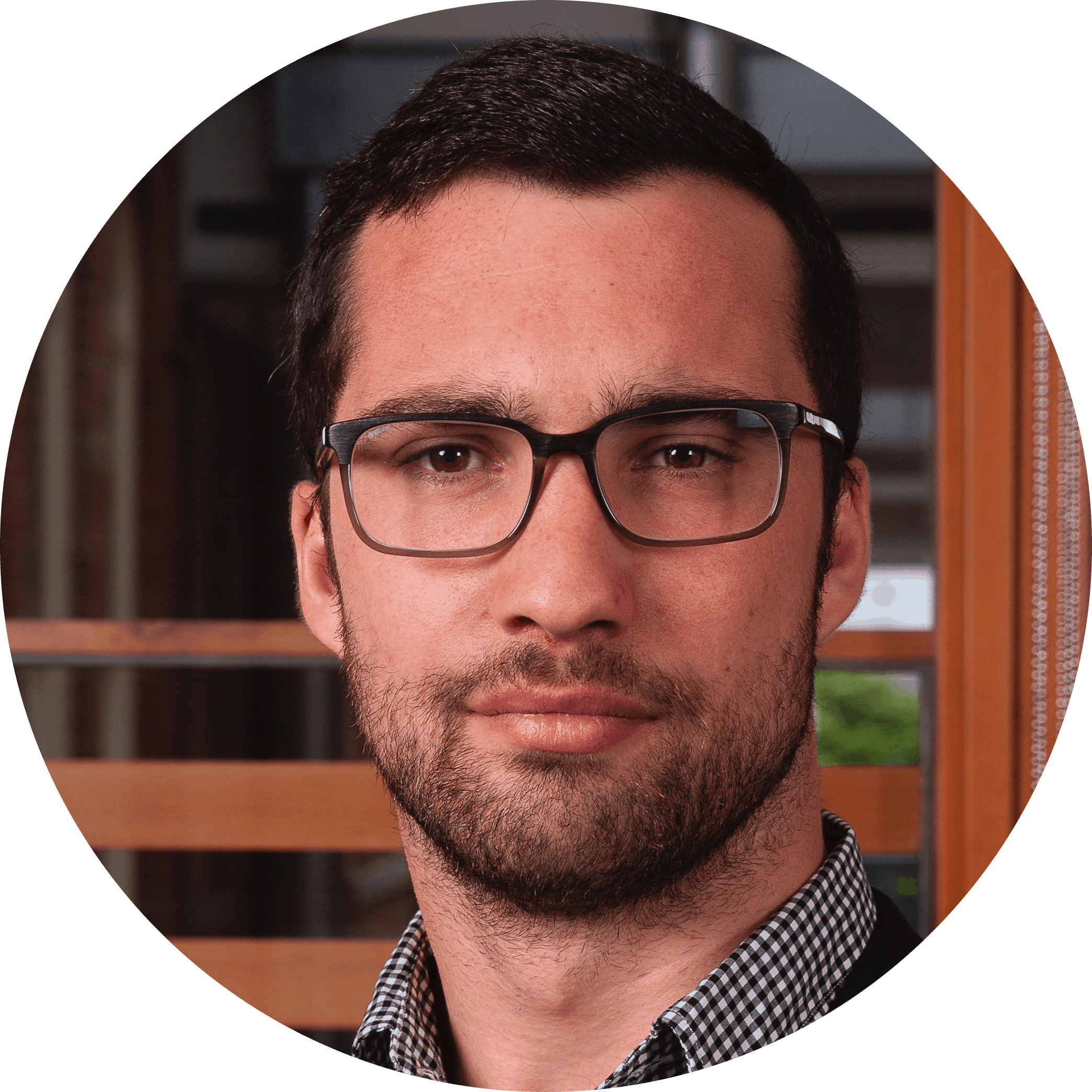
While disappointed not to be able to attend the 2020 Global Solutions Summit in person, and despite having to start his days at 5am, 2020 Young Global Changer Peter Chauvel has described his virtual participation as a “wonderful experience.” He recently caught up with 2017 Young Global Changer, Ken Fullerton. In an interview he shared his reflections and insights on the 2020 Summit as well as the Recoupling Dashboard, his environmental work and the importance of reducing global carbon emissions, collaborating with other Young Global Changers and to share words of encouragement for future Young Global Changers.
Recoupling economic and social progress
A major focus of the 2020 Summit was the Recoupling Dashboard which highlights the connections between a country’s economic and social prosperity and environmental sustainability.
Describing the need for changed mindsets and different approaches, such as those the Dashboard promotes, the University of California Press says, “In the same way that the cockpit of an airplane requires several indicators (altitude, speed, fuel) to ensure a safe flight, leaders in politics, business and society need consider several dimensions so as to properly analyse and assess the state of social progress.”
Peter agrees with this and willingly promotes the need for a broader, not exclusively economic focus, as a “a hugely necessary step.” He suggests the Dashboard is “the first step and [it can] serve as a guide to more comprehensive measurement and data sharing guidelines at government levels.”
Furthermore, he can already envision ways he may be able to use the Dashboard in his work as a Project Manager at Common Seas, an organisation dedicated to finding, testing and facilitating solutions to the global plastic pollution crisis. In their ‘Plastic Drawdown’ work stream, where Peter and his team “model the flow of plastics in a country and determine the key areas of production and present solutions to reduce this,” he can see linkages between their work and the Environmental Performance Index (EPI) framework used to measure environmental sustainability in the Dashboard.
If EPI factors and Common Seas’ models and recommendations are linked, Peter suggests this “would help countries better understand the environmental impacts plastic is truly having on them and would allow us to illustrate the social, environmental and economic opportunities by shifting to alterative material options.”
Reducing global carbon emissions
His passion for the environment is evident given his current role as leader of the Clean Blue Alliance, his previous work analysing innovative service delivery models in Vietnam and Tanzania, and his love of sustainable fishing. But, Peter says, “I don’t think there is a silver bullet to maximise economic development while reducing emissions on a global or cross-industry basis.”
Given the current COVID-19 pandemic, Peter clearly understands the need for the wide production and supply of personal protective equipment (PPE) yet he is also concerned by it when it gets disposed of. “In the short term, PPE is a necessary part of society but [we] need to address the waste it produces responsibly.”
His solution: “In the longer term, we need to be willing to pay for green, it is as simple as that!” We must consider not only the cost of production but where and how raw materials are sourced while at the same time factoring in the negative impacts that global supply chains have on our environment. He notes, “The reality is that many of the cheapest options can be that way through externalities (high emissions, low wages, etc.) and that if we are not willing to pay the premium that internalizes those costs, then we likely will see these issues remain pervasive.”
Collaborating with other Young Global Changers
Peter is grateful for the opportunity he has been given to become a Young Global Changer in 2020 and is eager to continue communication and engagement post-Summit. To some extent this has already been the case – “I am happy to report that since the virtual Summit there have been several engagements including webinars and calls” – and this should continue. In addition, he suggests that “we should have an active Slack [group], and general outreach, as you [(Ken)] did to me for this article, should be encouraged.”
While time zones may be a challenge, Peter also “strong believes [that digital communication] is going to be a mainstay going forward.” We should accept this, adapt to the new reality and have “frequent calls/ webinars” to explore engagement and collaboration opportunities as well as continue promoting the skills, knowledge and insights of the diverse Young Global Changer community.
He makes his suggestions out of concern for “the siloed approach that is being used now” by many individuals, businesses, governments, and other stakeholders. There is a need to work together to overcome complex, multi-dimensional development challenges and this is also true of the Young Global Changers. He believes that “while it is unclear when this cohort will be able to meet in person, the 2020 Young Global Changers are individually making strong contributions to global change and that in the future it is very likely many of us will cross paths in one form or another.”
A message for future Young Global Changers
Peter finishes with a call to action for future Young Global Changers. While encouraging them “to take advantage of the global experiences present [as] we rarely get the opportunity to share experiences and insights with people of our age demographics from around the world” he would like for future Young Global Changers to continue building on the momentum and positive work done by his and other cohorts.
“The 2020 cohort” he says, “came together in a time of uncertainty and focused efforts to ensure that we could develop comprehensive solutions to global challenges.” His message to others: “Do not squander this work, take what you can and build on it, and when we know what the new ‘normal’ looks like, use that to guide further progress!”
Written by Ken Fullerton, YGC 2017.
___
The views and opinions expressed in this article are those of the author and do not necessarily reflect the views of the Global Solutions Initiative.
___

Peter, a Young Global Changer of 2020, is a project manager for Common Seas, overseeing the Clean Blue Alliance program. He is working to plan the Decade of Ocean Science for Sustainable Development, as a representative of Early Career Ocean Professionals.
 Ken, a Young Global Changer of 2017, currently works as a management consultant for ARTD Consultants – one of Australia’s leading public policy consulting firms – where he helps government agencies and non-profit organisations make evidence-informed decisions and track and evaluate outcomes in order to continuously improve their performance.
Ken, a Young Global Changer of 2017, currently works as a management consultant for ARTD Consultants – one of Australia’s leading public policy consulting firms – where he helps government agencies and non-profit organisations make evidence-informed decisions and track and evaluate outcomes in order to continuously improve their performance.
